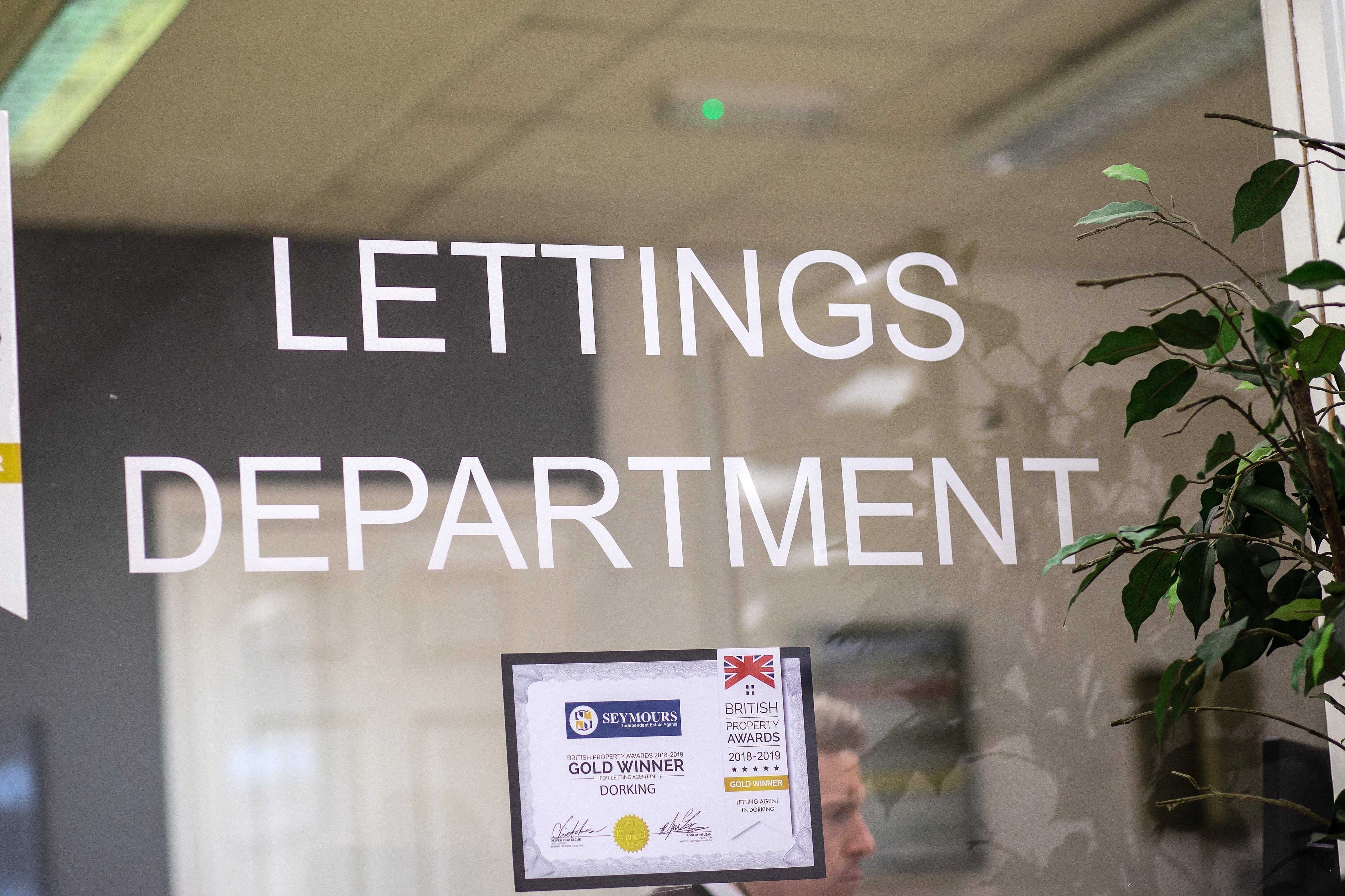What Constitutes Subletting And Is It Illegal?
10 December, 2021
Subletting is surprisingly common throughout the UK and, when done properly, can have its benefits to both landlords and tenants. Many will happily allow it and work to come to the best agreement. However, there are times when a tenant does not follow protocol and it can lead to legal difficulties.
But to know how to avoid these types of consequences and what can be done about illegal activity, we must first understand what constitutes subletting. Especially where social housing is concerned, the consequences may be more severe as they could be committing a criminal offence. Some people are aware of this and hope to get away with it. This highlights the importance of landlord awareness and understanding of their tenants’ rights.

What Constitutes Subletting?
This is the term used to describe a situation whereby a tenant lets their home or a room to someone else. This person would then be known as the subtenant. Instead of paying rent to the landlord, it goes to the original tenant.
People may choose to rent out a single room to help cover part of the monthly costs. Another way is to rent the entire property. There may be different reasons for doing so such as:
- A tenant leaving for an extended holiday and needing to cover rent.
- They have a change in income and can’t cover the costs.
- A tenant decides to move out before the end of tenancy and needs to make up the last months of rent.
Where it becomes touch and go is if the original tenant does not ask for permission to sublet the property from the landlord. In some cases, you may be well entitled to sublet and so there is no reason to go about it without permission.
Is It Illegal?
Now we know what constitutes subletting, we need to know if it is actually illegal.
Well, it can be. If you need permission to sublet a property and do not ask for it, you will be breaking the law. Additionally, if your tenancy agreement does not allow you to sublet, you could be committing fraud by breaking the contract. If this were to happen, legal action could be taken against you by the landlord.
On the other hand, there are plenty of cases where permission has been granted and tenants can happily use this as a way to cover costs where money is tight. When done right, it can be a beneficial agreement for all parties involved.

I’m A Landlord – Do I Have To Allow It?
Absolutely not. Before renting your property, you should decide either way and state it in the contract. They will still have to ask you before making any decisions but you are not under any obligation to say yes! Understandably, there can be times where clients have genuinely fallen on hard times and so you may be more understanding towards this.
On the other hand, tenants that have previously been difficult or unreliable may put you off this agreement. Either way, it is your decision and should things go wrong, you are able to take legal action up to the point of eviction.
If the tenancy agreement doesn’t explicitly state whether or not it is allowed, tenants may be able to argue their right to do so. So bear this in mind when writing up your contract.
Is It The Same As Lodging?
Not exactly. A lodger does not have exclusive use of the property or room. This means the landlord or other tenants can enter without permission. A subtenant, however, does have exclusive access.
Because of this difference, it is crucial landlords make it clear which (if any) is allowed. This will help mitigate any confusion and reduce the risk of confrontation or legal action.
Read More – Letting your property – our ultimate guide.
Read More – Common stresses for Landlords.
Read More – Landlords, understand your tenants rights.

Common Signs Of Illegal Subtenancy
It is clear now what constitutes subletting, but as a landlord how do you spot it? This can be difficult if you don’t live nearby. However, building good relationships with neighbours and carrying out regular inspections will help you spot these telltale signs:
- Lots of people coming in and out regularly – This is a good sign that people are living in the property who are not named on the agreement. Neighbours are often good at spotting this and noticing a change in behaviour.
- Property in poor condition – This could well suggest that more people are occupying the property than should be and it is leaving significant wear and tear or even damages.
- Signs of extra clothing or belongings – You should be carrying out inspections and making notes of things like this. It could suggest more occupants that are evacuating before you arrive.
- Tenants refusing access or being hard to contact – Often, they will make it hard for you to gain access and carry out inspections so that you do not realise there are other people living on the property.
- Makeshift sleeping quarters – This is a major sign that your tenants have overcrowded the property and are allowing others to live there without proper agreement.
- Reports of anti-social behaviour or noise complaints – Especially if you were not having this problem at the start of the tenancy.

Overcoming Potential Risks For Mesne Tenants
These are the individuals who originally rented the property from the landlord and hold the tenancy agreement. While it may seem like a great way to cover costs, there are certain things you should consider.
Letting strangers into your home
When you first begin to sublet, it can be sensible to find a friend or family member instead of advertising for the world and his wife. This way, you can be sure the property will be well looked after and any belongings you leave behind will be safe.
Renting out to people you don’t know could end poorly for you and the landlord. It may end up being hard to get hold of them if you run into issues with payment or at the end of an agreement. Keeping it within your own circle reduces this risk and will make the process easier.
Implement a sublease agreement
It is best practice to have your subtenant sign a separate, personal contract with you. Even if they have another rental agreement with the landlord, it will give you some peace of mind that everything is laid out and confusion can be avoided.
Any move in or out dates, as well as information about security deposits and property expectations, should be covered in detail so that everyone knows where they stand. Having your own paperwork will benefit you at the end of the tenancy.
Leaving personal belongings behind
If you’re letting the entire property to go on an extended holiday, it is wise to remove everything you can. Take it with you or put it into storage to ensure nothing valuable gets broken, lost or stolen.
If you do need to leave certain things to return to – make sure they are packaged well, labelled clearly as your belongings and kept out of the way. Things such as paperwork and other assets containing personal information should be stored safely out of sight from subtenants. Especially if you do not know them personally, it is better to be safe than sorry.

Who’s Responsible For The Sub-Tenant?
Usually, the landlord will not have any direct link to the sub-tenant, making them the responsibility of the mesne tenant. However, landlords must be careful not to inadvertently create a legal relationship.
This can sometimes happen when you accidentally accept rent money from the sub-tenant directly. After this case, you now hold some responsibility for them. As long as you avoid this scenario – they will essentially remain the mesne tenant’s lodger. They will still have rights as a tenant, but any action taken against this will be down to the original tenant to deal with.

Speak To Seymours For Advice
No matter what part you play in subletting, you should make sure everything is being carried out in the proper manner. Seeking permission from the landlord and implementing paperwork that covers possible risks and misinformation will ensure you are in the best position.
Where illegal behaviour is suspected, landlords can take legal action against tenants. This may result in financial penalties or eviction. It is always best practice to sub-let to friends or family to avoid these risks and be sure you can settle the agreement until the end.
If you are unsure about the details surrounding your agreement or are looking for more advice on the matter, fill out a contact form today or visit our website to book an appointment and find out more. We know the local market inside out and will do everything necessary to support you. We keep our processes simple and transparent and won’t try to baffle you with small print or specialist language.